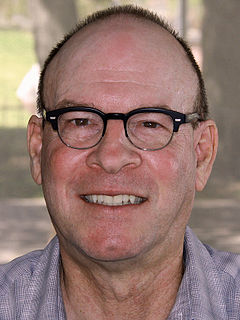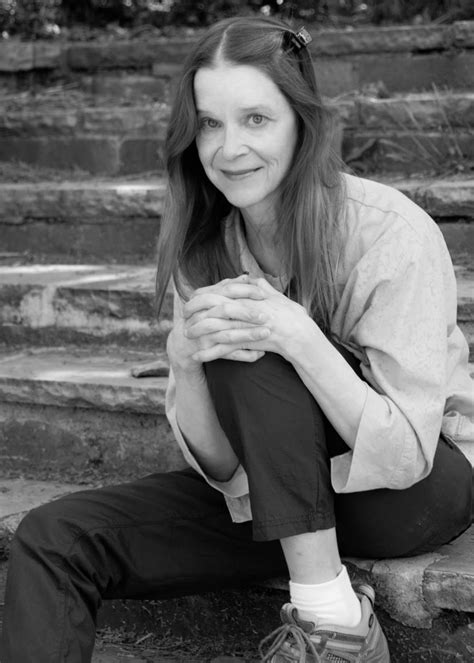A Quote by Eudora Welty
What I do in the writing of any character is to try to enter into the mind, heart and skin of a human being who is not myself. It is the act of a writer's imagination that I set the most high.
Related Quotes
But the writer who endures and keeps working will finally know that writing the book was something hard and glorious, for at the desk a writer must try to be free of prejudice, meanness of spirit, pettiness, and hatred; strive to be a better human being than the writer normally is, and to do this through concentration on a single word, and then another, and another. This is splendid work, as worthy and demanding as any, and the will and resilience to do it are good for the writer's soul.
I once made the mistake of writing a story with David Corbett. The man smoked me. He can delineate the character and personality of an accordion in three strokes. I didn't even know accordions had character. This act of generosity and wisdom from a very good writer will help anyone who is staring at a blank page, any day, any time. Highly recommended.
I believe that before anything else I'm a human being -- just as much as you are... or at any rate I shall try to become one. I know quite well that most people would agree with you, Torvald, and that you have warrant for it in books; but I can't be satisfied any longer with what most people say, and with what's in books. I must think things out for myself and try to understand them.
In The Jaguar's Children we enter the dangerous borderlands between countries and generations; myth and magic; human community and the vast, infinitely mysterious, wild environment. Here, John Vaillant proves that his heart and imagination are as expansive and fierce as his radiant intellect. Never have I encountered a writer with more energy or compassion.
I try to be as faithful as possible to the facts as I understand them, but any story is at least partly a product of the imagination. I can comprehend a lot by immersing myself in all of the information I've collected, but my imagination is what brings it to life, and the bridging of that gap - between the received history and the conceived fiction - is both the most difficult and most enjoyable part of the process for me.
Life-writing calls for any number of dubious gifts: A touch of O.C.D., a lack of imagination, a large desk, neutrality of Swiss proportions, tactlessness, a high tolerance for archival dust. Most of all it calls for an act of displacement. 'To find your subject, you must in some sense lose yourself along the way,' is Richard Holmes's version.






































